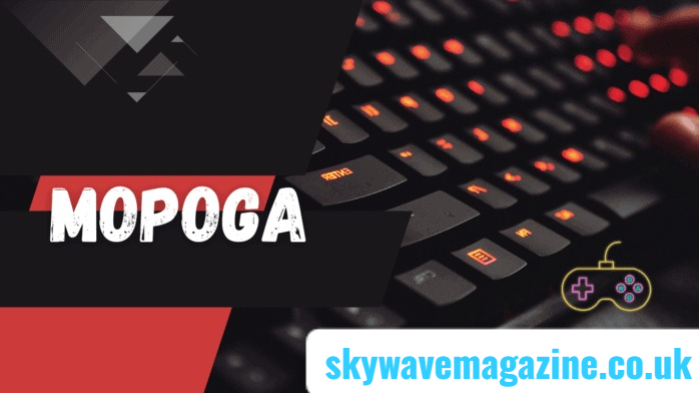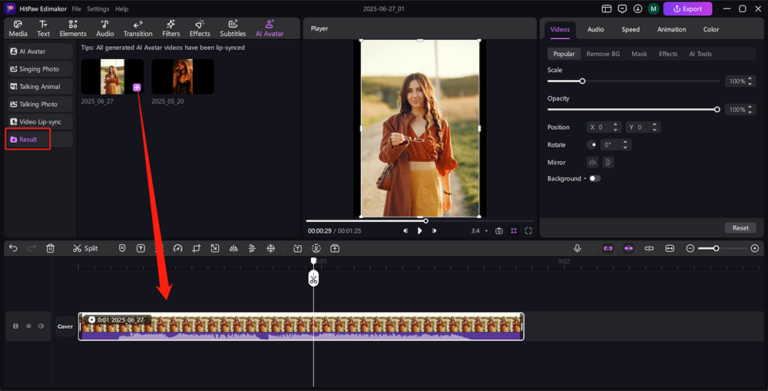
What Is Mopoga and Why Everyone’s Talking About It?
Mopoga has recently emerged as a buzzword across various online discussions, but the real understanding of what it represents remains vague to many. While some see it as a website, others interpret it as a digital utility tool or service aggregator. One thing is certain—Mopoga has caught the attention of netizens looking for something fresh, functional, and surprisingly under-the-radar. In this article, we’ll break down what Mopoga actually is, explore its core functions, analyze how users interact with it, and shed light on the controversies and opportunities surrounding it.
The Origins of Mopoga: Where Did It Come From?
The word “Mopoga” doesn’t stem from any known corporate background or tech giant, which makes it both mysterious and intriguing. Various online forums and digital platforms reference Mopoga as a lesser-known utility site or app that started gaining traction through word-of-mouth. While there is little official documentation available, some digital trail indicates it started as a multi-functional platform intended to assist users in accessing browser games, online tools, and niche resources without much hassle.
Is Mopoga a Game Hub, or Something Else Entirely?
A large part of Mopoga’s user base seems to have discovered it while looking for free browser games or lightweight entertainment. And yes, a portion of Mopoga’s digital presence revolves around mini-games and time-passing content. However, it’s not limited to just games. Users have also reported access to media tools, random content generators, and obscure web utilities. This versatility has contributed to its growing popularity, especially among students and casual internet users seeking free entertainment.
How Safe Is It to Use Mopoga?
Safety remains one of the most significant concerns surrounding Mopoga. Since it isn’t backed by a prominent brand and doesn’t offer transparent terms of use, many users have raised red flags. Some cybersecurity experts warn that platforms like Mopoga may engage in aggressive ad placements or redirect users to third-party websites. While there’s no concrete evidence of malware distribution, users are advised to approach with caution, keep their antivirus updated, and avoid entering sensitive information on the platform.
User Experience: What Real Users Are Saying About Mopoga
Many first-time users describe Mopoga as “curious,” “fun,” and “unexpectedly entertaining.” However, those expecting structured content or professional-grade tools might feel underwhelmed. The platform thrives on randomness—whether it’s obscure flash-style games, trivia tools, or quirky content. Those with a taste for unconventional digital experiences find Mopoga oddly satisfying. Still, critics highlight the lack of consistency, cluttered layout, and frequent pop-ups as areas needing improvement.
Tools and Features: What Can You Actually Do on Mopoga?
| Category | Features Found on Mopoga |
| Mini Games | Puzzle, Arcade, Strategy, and Trivia Games |
| Generators | Name generators, joke creators, idea prompts |
| Media Tools | Meme creators, emoji tools, browser add-ons |
| Utility Shortcuts | Redirects to calculators, converters, etc. |
| Fun Web Widgets | Random facts, clocks, fake social feeds |
One of Mopoga’s strengths lies in its odd mix of features. While none of them are industry-grade, the quantity and quirky nature make the platform feel like a digital playground.
Mopoga vs. Similar Platforms: Is There a Competitive Edge?
When compared with better-known platforms like Miniclip or CoolMathGames, Mopoga feels rougher around the edges. It doesn’t offer the same Mopoga polished experience, but its charm lies in that rawness. Users who love discovering internet oddities might prefer Mopoga over slick commercial sites. Still, for educational purposes or high-end entertainment, users would find better value elsewhere.
Mobile Compatibility and Accessibility Insights
Mopoga isn’t optimized for mobile use, which can make navigation clunky on smaller screens. Although some games and tools load fine on mobile browsers, the layout often shifts in awkward ways, diminishing user experience. Accessibility is also an issue, with no apparent efforts to cater to users with visual or cognitive impairments. This limitation could be a major downside for a platform seeking broader reach.
Monetization Strategy: Ads, Pop-Ups, and the User Dilemma
A quick visit to Mopoga reveals that its primary source of income seems to be ads. These include banners, auto-play videos, and redirect-style pop-ups. This strategy not only affects the site’s credibility but also frustrates users. Though free access justifies monetization, the intensity of ads might push users to abandon the platform. Many recommend using an ad-blocker if you plan to explore the site deeply.
Is Mopoga Collecting Your Data?
With privacy becoming a central concern in the digital age, users are right to be cautious. There is no visible privacy policy or cookie management prompt on the Mopoga homepage, which raises concerns about data collection practices. While it doesn’t ask for personal information directly, the presence of third-party scripts means your browser history, IP address, and engagement behavior might be tracked for advertising purposes.
Real-World Usage: Who Actually Uses Mopoga?
Mopoga’s audience is diverse, though skewed toward younger internet users. Students, meme enthusiasts, and casual gamers seem to dominate the traffic. Some educators even report students using Mopoga during breaks for quick relaxation. The platform’s oddball nature appeals to those seeking short-term amusement or bizarre web experiments. It’s not meant for deep, immersive experiences but rather for digital doodling.
Potential for Educational Use: A Missed Opportunity?
Interestingly, if Mopoga cleaned up its interface and removed intrusive ads, it could serve as a light educational platform. It already contains trivia tools, vocabulary builders, and logic games. With some curation, it could become a powerful supplementary tool for informal education. Unfortunately, its current state leans more toward disorganized amusement rather than structured learning.
What Makes Mopoga Unique in Today’s Internet Landscape?
Mopoga breaks the mold by refusing to be labeled. It’s not a game site, not a meme generator, not a utility hub—but a bizarre blend of all three. That uniqueness makes it memorable, especially in an age where most platforms follow templated designs. It offers internet wanderers a nostalgic, chaotic space reminiscent of early-2000s web experiences. That’s both its charm and its challenge.
Ethical Considerations and Digital Responsibility
Despite the entertainment it provides, Mopoga raises ethical questions about content vetting and user safety. Should platforms with undefined ownership and unregulated content be allowed to thrive without oversight? Should users take full responsibility for exploring such spaces? These questions become more important as platforms like Mopoga gain viral attention without offering accountability.
Future Outlook: Will Mopoga Evolve or Fade Away?
Mopoga stands at a crossroads. With growing user interest, it could evolve into a more organized platform with cleaner UI and safer practices. But without transparency, trust, or proper branding, it risks being labeled as just another ad-heavy, low-value site. The direction it takes will likely depend on whether its creators choose to invest in long-term credibility or continue banking on short-term virality.
Final Verdict on Mopoga’s Role in 2025’s Web Culture
Mopoga may not be the next Google, but it doesn’t aim to be. It’s a slice of quirky internet culture that refuses to fit the mold. It serves as a reminder that not all digital spaces are meant to be productive—some are just meant to amuse. Still, users should proceed with cautious curiosity and remember that not everything on the web is built with user safety in mind.
Key Takeaways from the Article
- Mopoga is a quirky, multipurpose platform featuring games, tools, and odd content.
- Its origins and ownership remain unclear, sparking curiosity and caution.
- Monetization is heavy on ads, which affects usability and trust.
- Mopoga is popular with younger users seeking unstructured online fun.
- Safety and data transparency are major concerns for long-term users.
FAQs About Mopoga
1. Is Mopoga safe for children to use?
Mopoga isn’t designed with child-safety filters or structured learning in mind. Adult supervision is advised due to unpredictable content and ad placements.
2. Can I download games from Mopoga?
No, Mopoga mostly offers browser-based mini-games without download options. It’s meant for quick, casual play sessions.
3. Does Mopoga require registration or login?
Most tools and games don’t require user registration, but some external links may redirect to sites that do.





